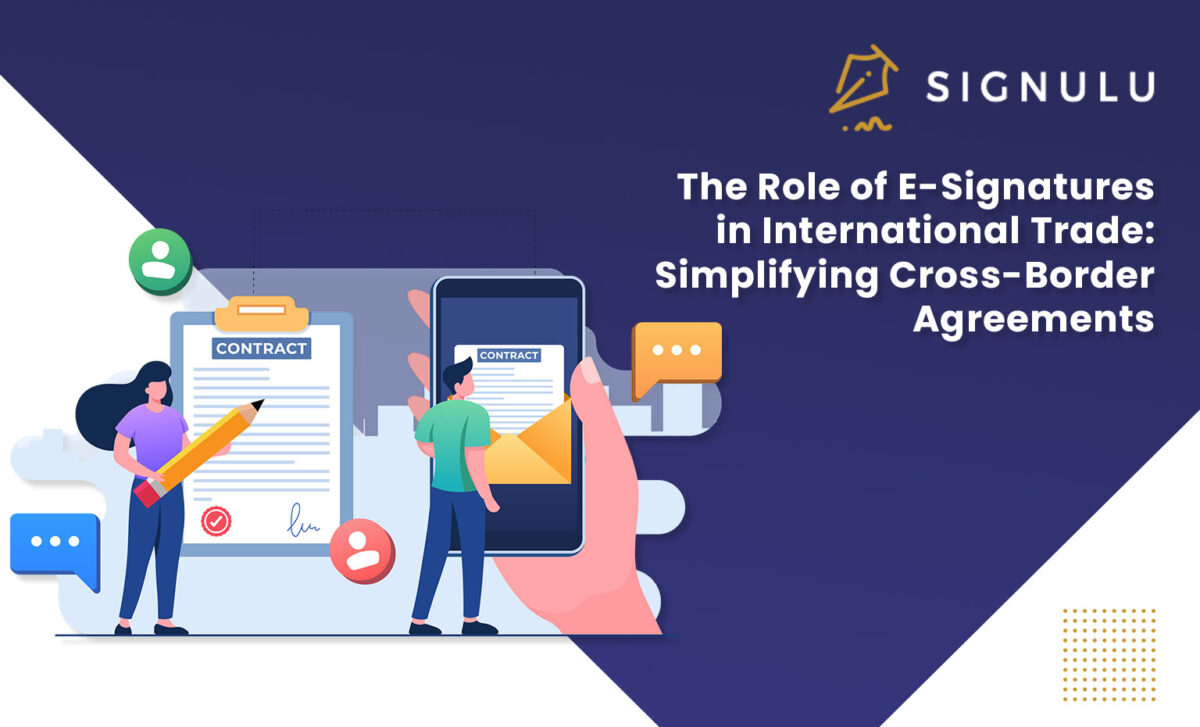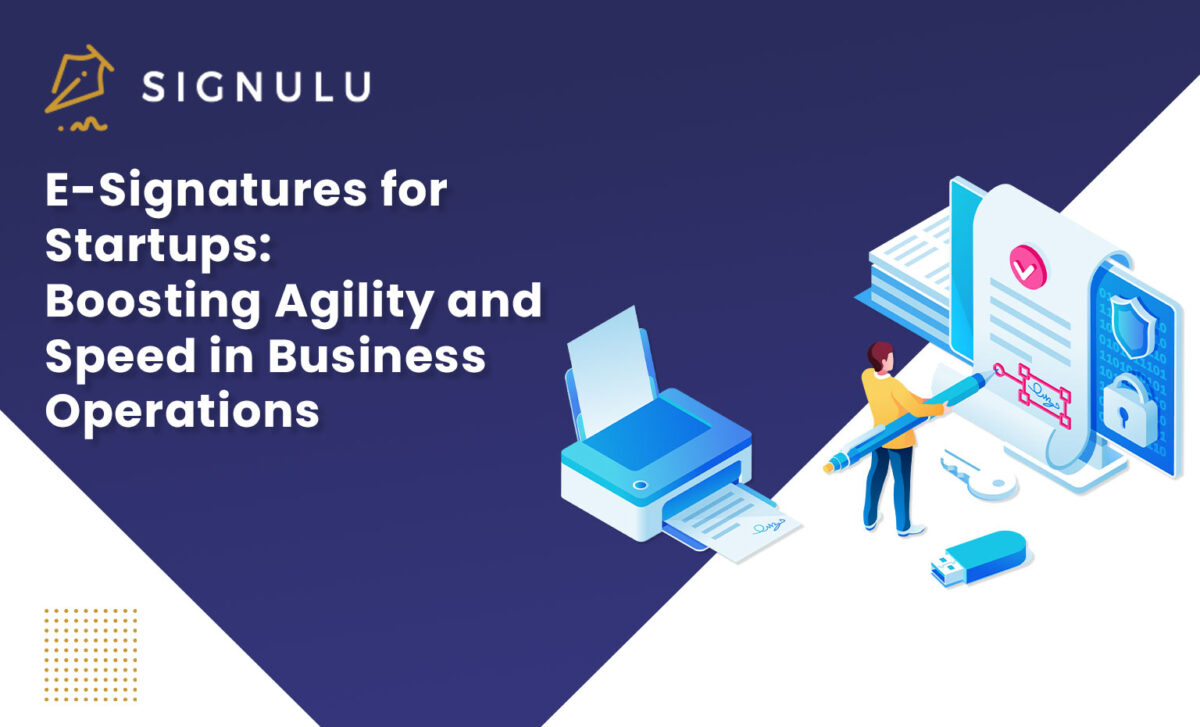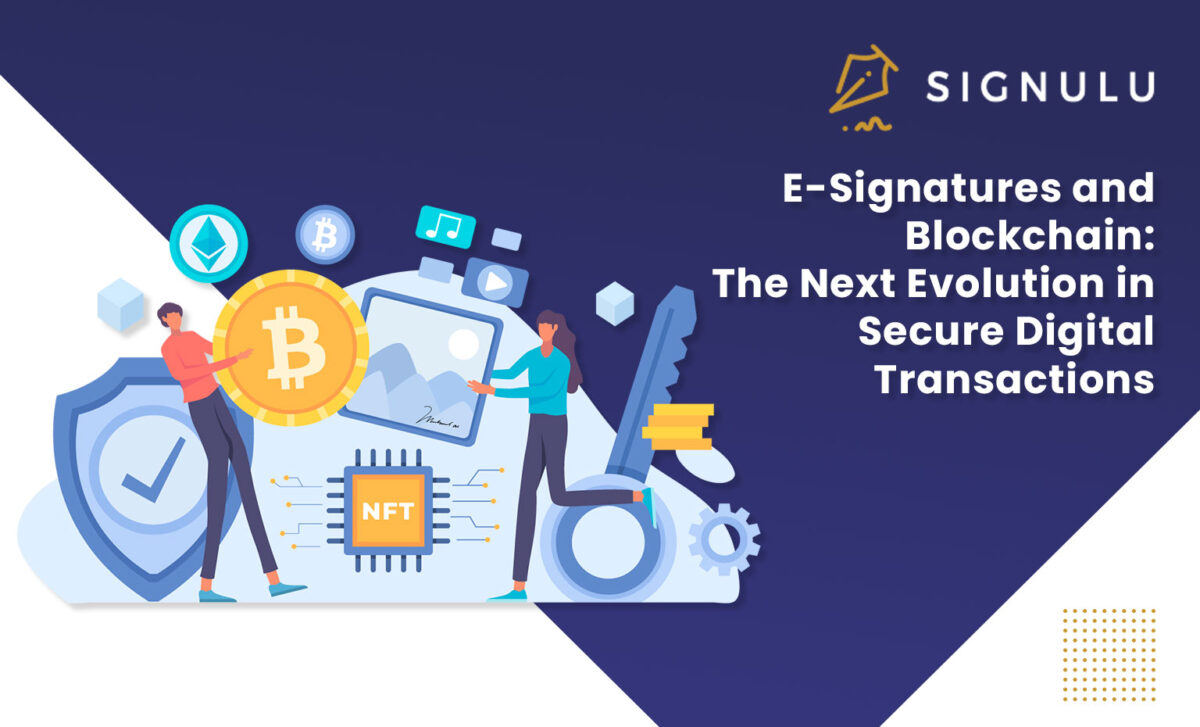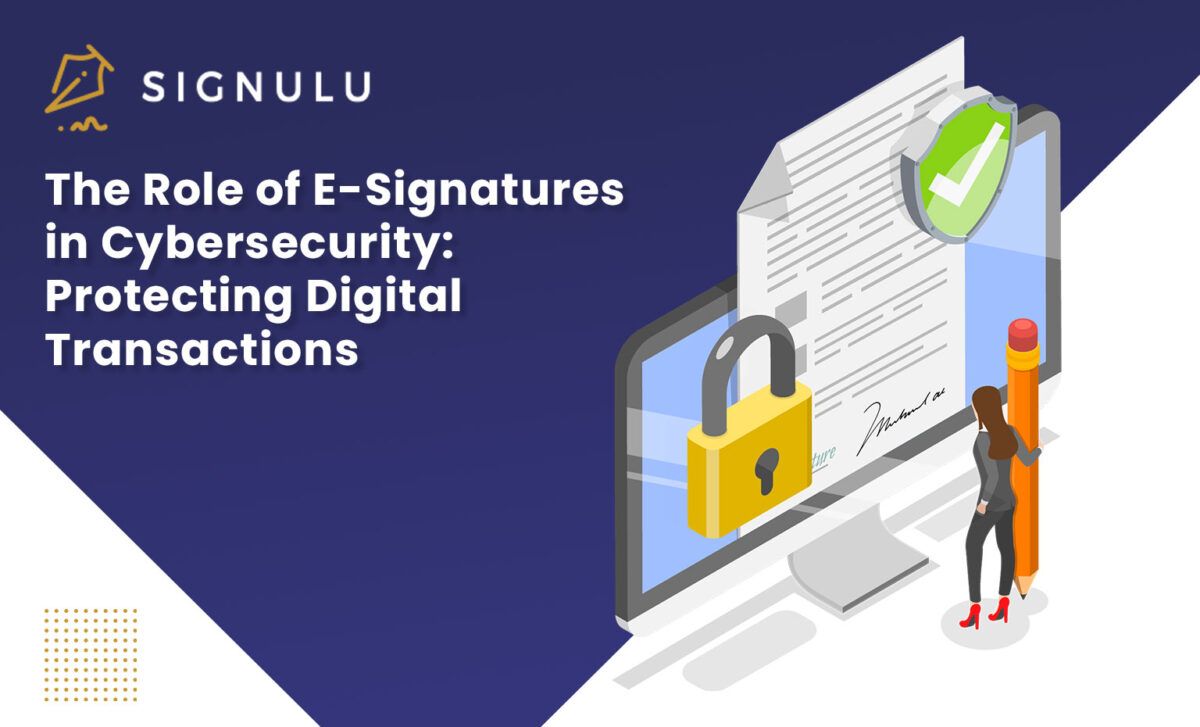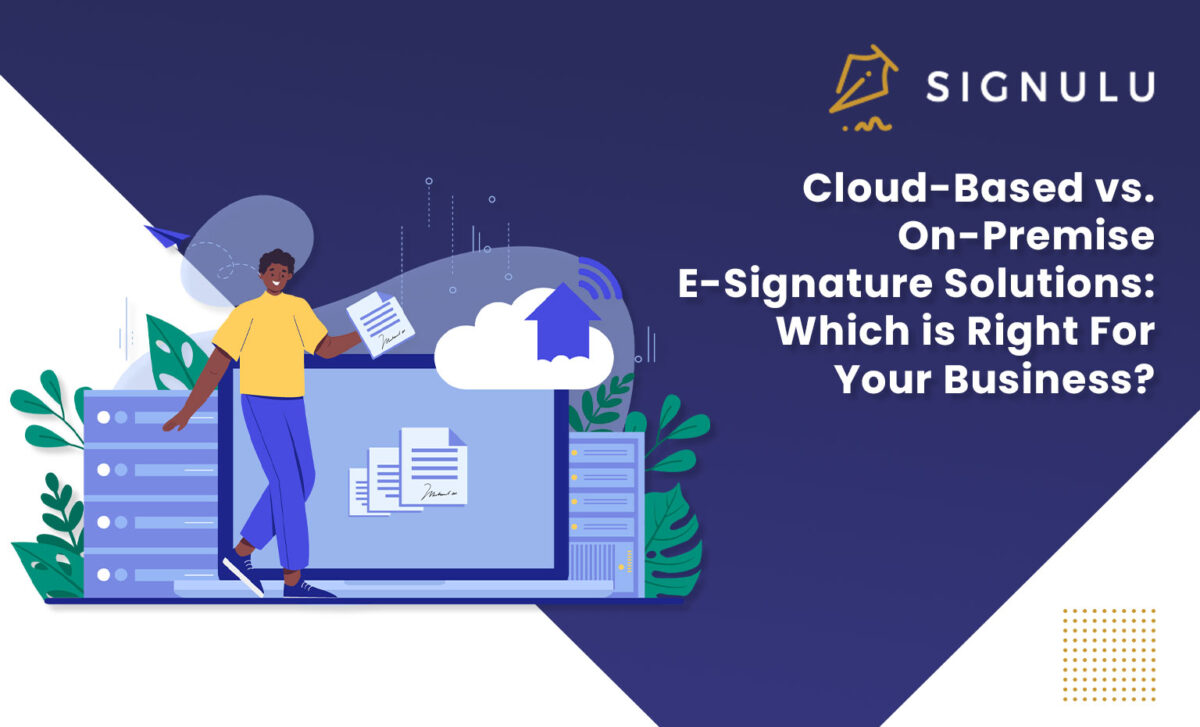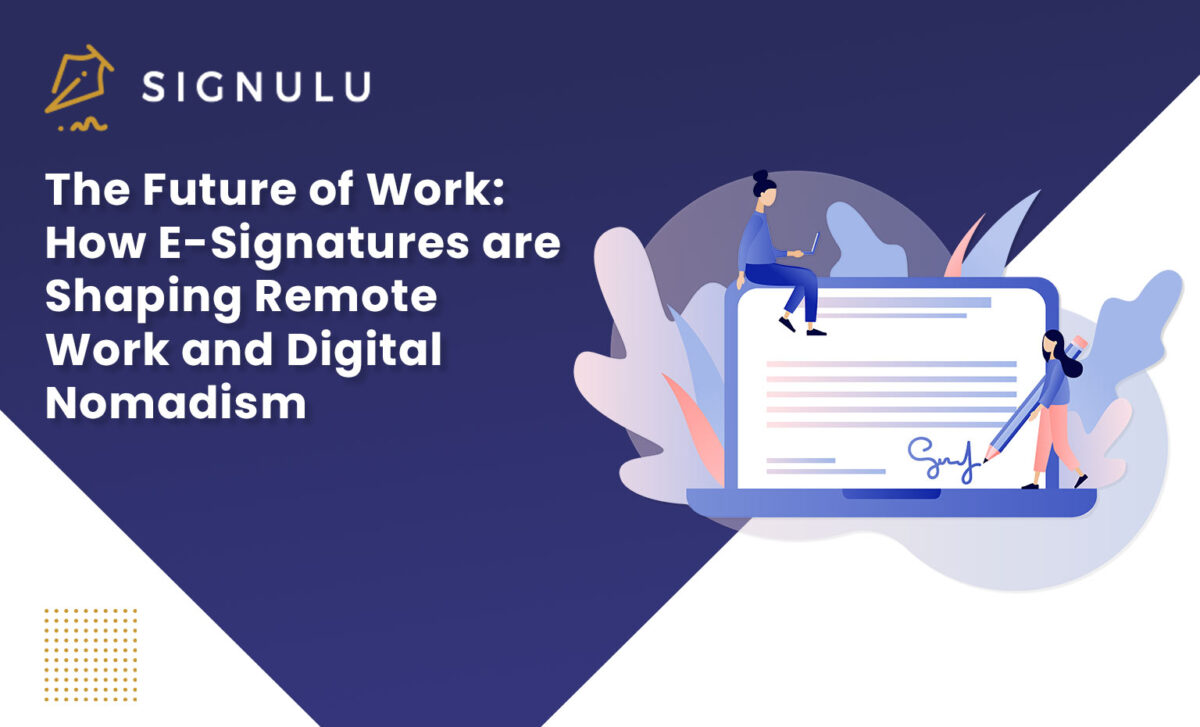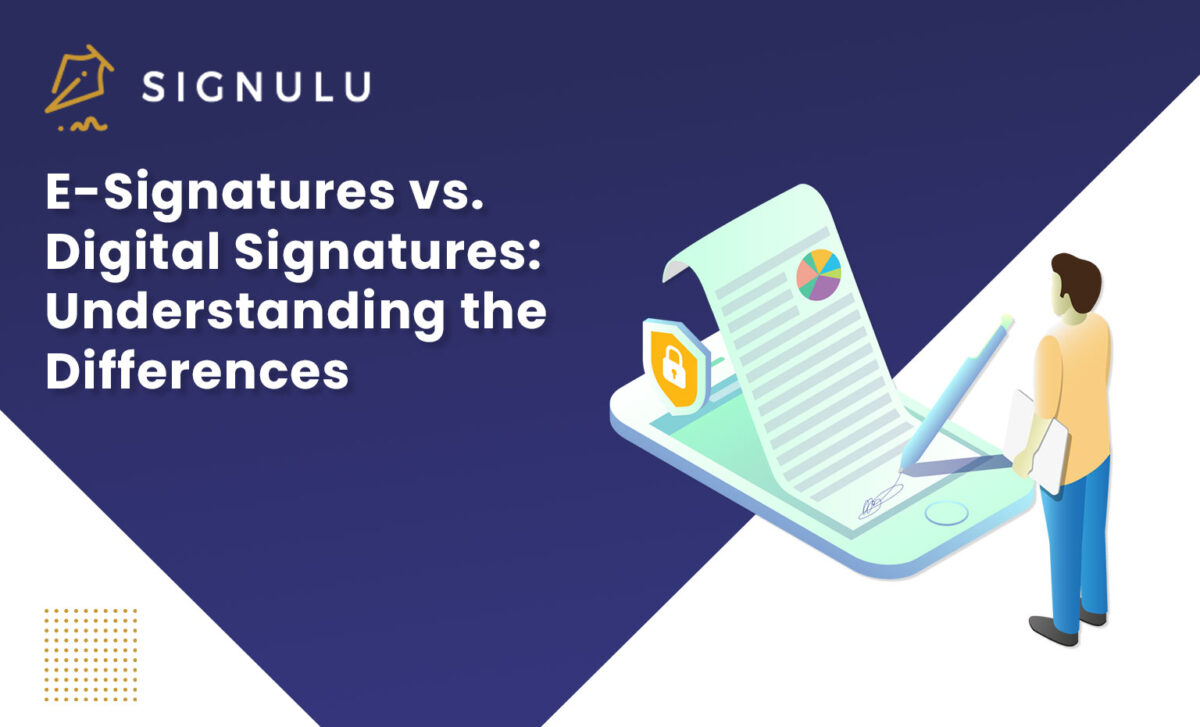For subscription-based businesses, managing recurring agreements and contract renewals can be a time-consuming and complex task. Each renewal cycle brings the challenge of collecting signatures, ensuring terms are up to date, and keeping the process seamless for both the business and the customer. This is where e-signatures can make a huge difference—simplifying the renewal process, reducing administrative workload, and improving the overall customer experience.
Streamlining the Renewal Process
In the world of subscription services, staying on top of renewals is key to maintaining revenue and customer satisfaction. Traditionally, renewing a subscription contract involves sending physical documents, waiting for signatures, and manually tracking each step. This not only delays the process but can also result in missed renewals or dissatisfied customers.
E-signatures eliminate these delays by making the entire renewal process digital. With a few clicks, subscription agreements can be sent out, signed, and returned in minutes. No printing, no mailing, and no waiting. Customers appreciate the convenience, and businesses can ensure contracts are renewed quickly and efficiently, avoiding any interruptions in service.
Managing Recurring Agreements with Ease
For subscription-based businesses, managing recurring contracts means handling a large volume of agreements that need to be renewed on a regular basis. E-signatures help streamline this process by automating the workflow. Subscription businesses can set up reminders for upcoming renewals, automatically send out new agreements when needed, and track the status of every contract—giving them a clear view of where each renewal stands.
By automating these tasks, businesses can reduce the time spent on administrative work and focus more on delivering value to their customers. This not only increases efficiency but also helps prevent any errors or missed renewals that could affect the customer relationship.
Improving the Customer Experience
One of the greatest benefits of using e-signatures for subscription renewals is the positive impact on the customer experience. In today’s digital age, customers expect convenience and simplicity. With e-signatures, they can renew their contracts from any device, at any time, without the hassle of dealing with physical paperwork. This makes the renewal process faster and more user-friendly, leading to higher customer satisfaction and loyalty.
Additionally, e-signatures allow businesses to offer more transparency. Customers can easily review the terms of their contract before signing, ensuring they are fully aware of what they are agreeing to. This builds trust and strengthens the relationship between the business and the customer.
Why Signulu Stands Out
Signulu’s e-signature platform is designed to help subscription-based businesses handle renewals effortlessly. With features like Document Summarization, businesses can quickly review key terms in contracts before sending them out. The GenAI Chatbot is available to assist with any contract-related questions, ensuring a smooth process for both the business and the customer.
Conclusion
E-signatures are transforming how subscription-based businesses manage their renewal processes. By streamlining contract renewals, automating recurring agreements, and enhancing the customer experience, e-signatures help businesses save time, reduce errors, and strengthen customer relationships.
Ready to simplify your subscription renewals? Try Signulu with a free 14-day trial and see how e-signatures can enhance your renewal process and boost customer satisfaction.



